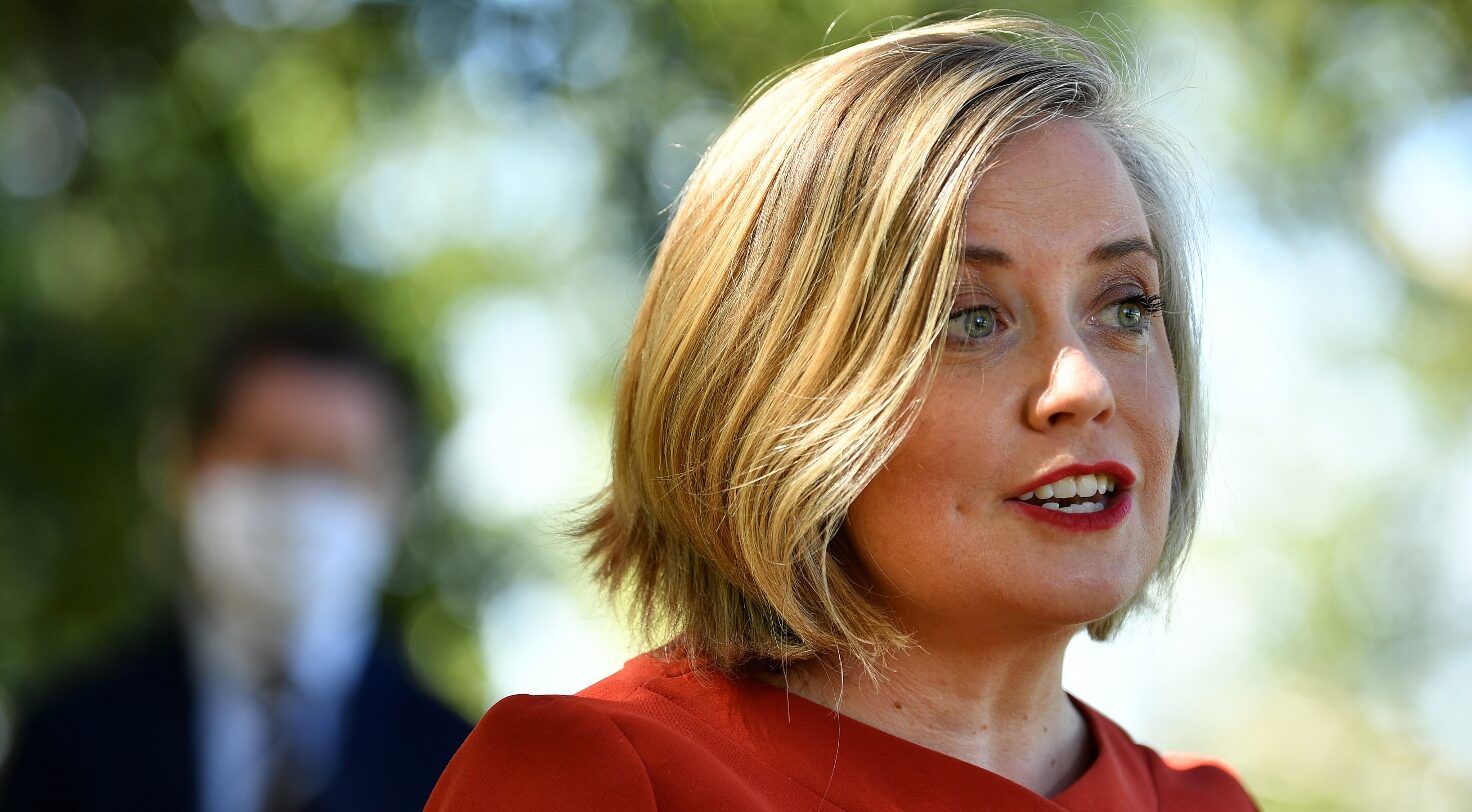
State politics halt renewable energy
OPINION
NSW rate payers may well ask what the state government’s stance is on clean energy.
Under the Coalition, support for the clean energies of the Federal Mandatory Renewable Energy Target (RET – 20 per cent by 2020) has shifted in favour of the principle of “renewable energy at least cost to the consumer”.
This change in emphasis reveals a tactic of postponement, perhaps of indefinite delay. Mainly, it is at odds with demand-driven increases in the price of conventional fuels, which are occurring simultaneously with decreasing rates in the cost of renewable power, thereby leading to that optimal situation of price parity where the substitution of conventional forms of energy for renewable power is both conceivable and feasible.
Trends aiding this convergeance include the rise of a voracious energy sector in Asia, and our own humble Carbon Tax, in force from July 1, which is intended to be a great equalizer in the uneven contest between rival energy paradigms.
The CEO of the NSW Nature Conservation Council, Pepe Clarke calls the Carbon Tax “revolutionary and transformational”.
Neither is he slow to denounce the inconsistency in the call by energy minister Chris Hartcher to abandon the Federal Mandatory RET whilst supporting it at the state level.
Since the government cannot have it both ways, one can only surmise other intentions. By contrast, actions speak louder than spin.
The axing of the Solar Bonus Scheme last year, aside from decimating the solar panel installation industry in NSW only served to fill a gap-deficit of about 300 MW predicted by the national electricity regulator (NEMCO in 2008) and to bridge the six-year estimate required to build a new conventional power station.
The popular response generated by the Scheme however, along with the 300 MW cap and closure-dates attained much earlier than anticipated, can only embarrass the entrenched interests that remain committed to the mining of conventional fuels and the publicly elected legislators who help them to get there. Otherwise it’s business as usual.
The stance of the government towards clean energies can therefore be summed up as reliance on traditional forms of public policy advocacy, lip service to progressive calls for reform within the energy sector, and political expediency before a conservative electorate which it hopes to manipulate through the politics of energy.
Yet, in postponing or delaying the new paradigms, it is the future that is being delayed and postponed.
By Emmanuel Montes









